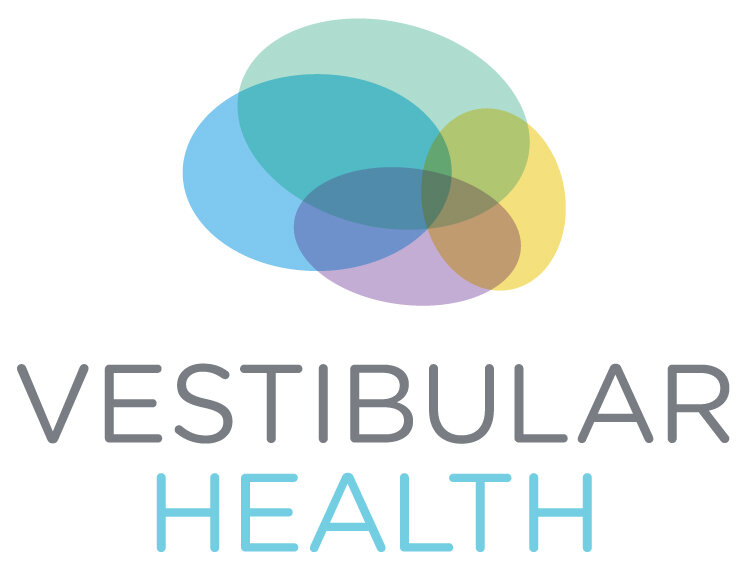
Will vestibular rehab help me?
Do you experience dizziness, vertigo, balance problems, or falls? Find out if vestibular rehabilitation physiotherapy can help you! Learn what vestibular rehab is, how it works, and whether it could help your symptoms. Our expert physiotherapists are here to help at our Toronto clinics or online through virtual care.

In the news: Finding help for chronic vertigo
Many people with vertigo have a hard time finding help. Dr. John Rutka spoke with CBC Radio about the challenges people face getting a diagnosis and effective care for vestibular symptoms.

Research update: BPPV and vitamin D
Research suggests that vitamin D deficiency could be related to BPPV, and that taking vitamin D supplements might help some people reduce their risk of having repeated episodes of BPPV. Learn more about the latest evidence on BPPV, risk factors for recurrence, and the role of vitamin D.
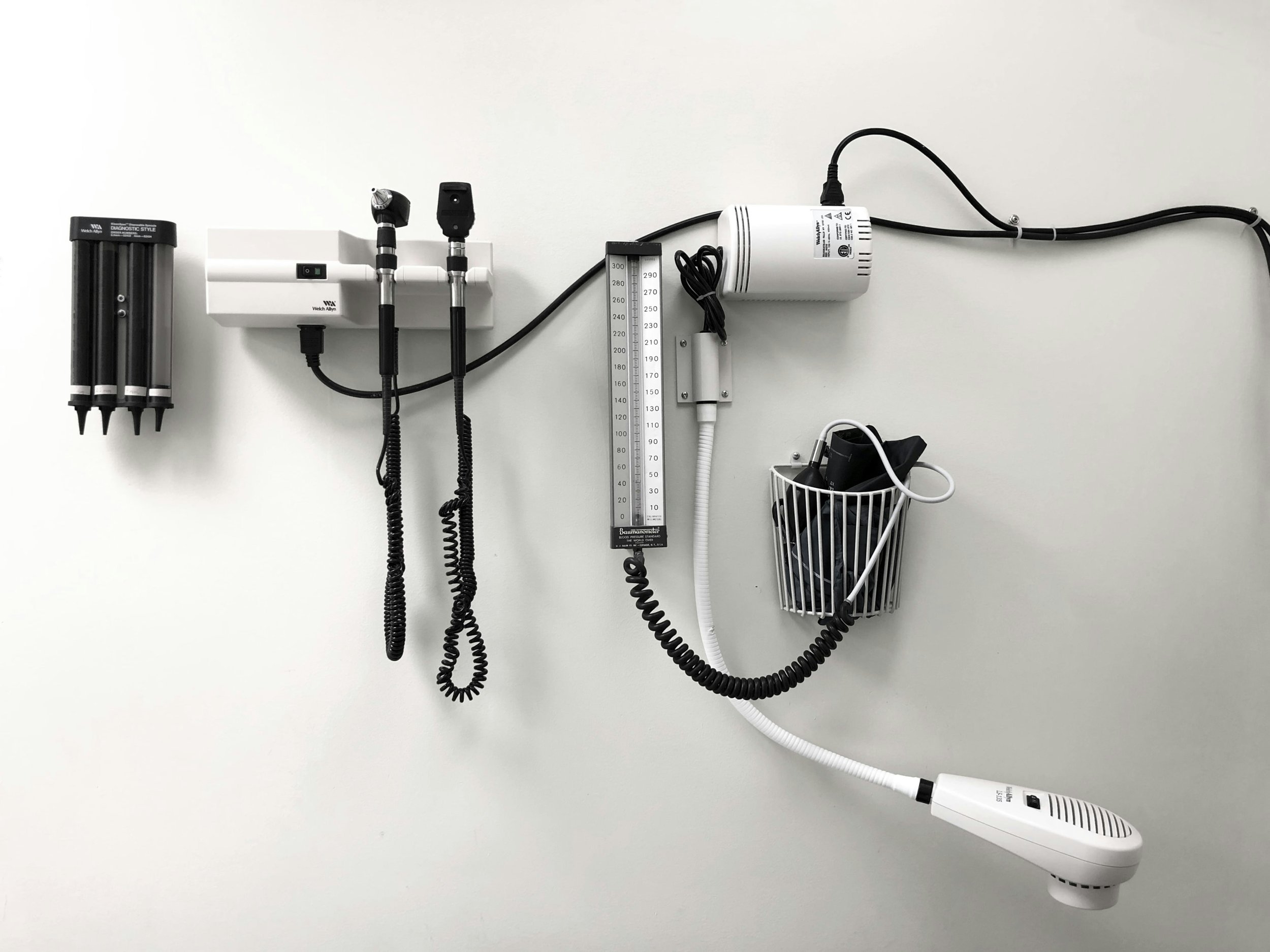
In the news: Why Canadians need more help for dizziness
Many people who experience problems with dizziness, imbalance, or vertigo have trouble getting a diagnosis and difficulty accessing specialists. Our team spoke with CBC Radio about the challenges people face getting comprehensive evaluation and effective treatment for vestibular symptoms.

Improving dizziness & balance with acoustic neuroma
Our team presented a poster at the Acoustic Neuroma Association symposium on physiotherapy outcomes for patients with acoustic neuroma/vestibular schwannoma seen in our clinic. Vestibular rehabilitation can help improve symptoms of dizziness, imbalance, and blurry or bouncing vision across all stages of acoustic neuroma treatment options.

Post-concussion dizziness & vestibular rehabilitation
Vestibular symptoms like dizziness, vertigo, imbalance, and visual dependence are common after concussion. Watch Shaleen Sulway’s presentation for the Canadian Concussion Centre on the role of vestibular physiotherapy in evaluating and treating vestibular symptoms after mTBI.
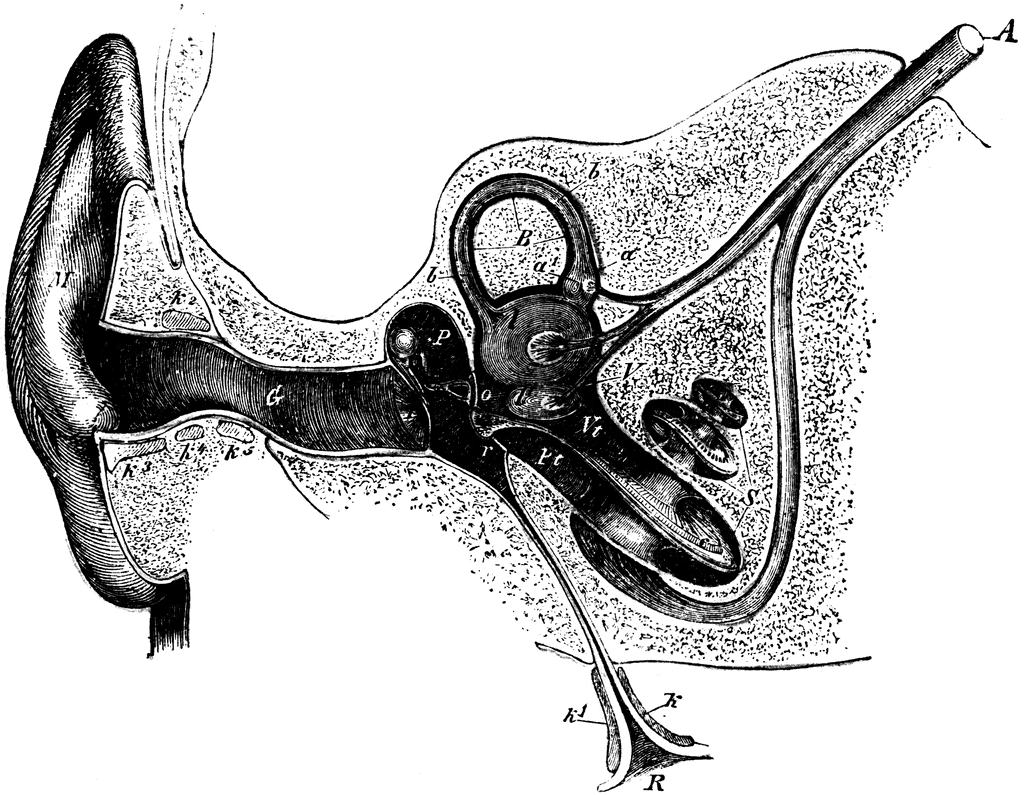
Vestibular neuritis
Vestibular neuritis is a common cause of vertigo, and vestibular rehab is an effective treatment to improve symptoms and quality of life. Learn about the symptoms of vestibular neuritis, how this condition is treated, and what to expect in your recovery.
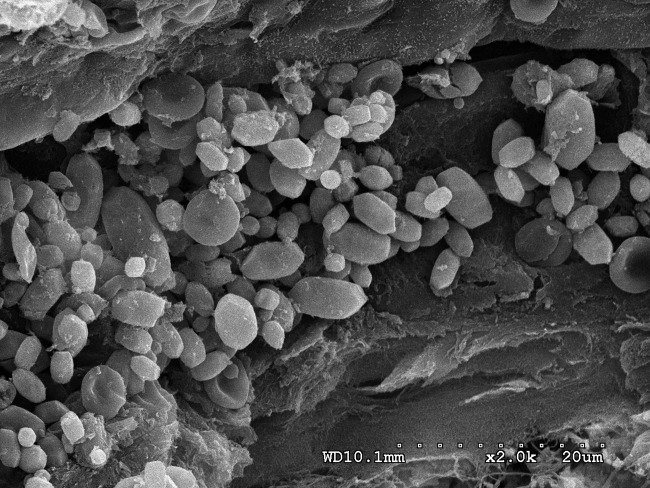
Vertigo after head injury: Post-traumatic BPPV
Vertigo after head injury or concussion/mTBI is most often caused by BPPV. This condition is very effectively treated with physiotherapy. Symptoms last less than a minute and are triggered by lying down, rolling in bed, looking up, or bending over. BPPV can also cause balance problems, motion sensitivity, nausea, and anxiety. Learn about post-traumatic BPPV and how vestibular rehab can help.

Research update: Vestibular rehab for CABV
A research study co-authored by Shaleen Sulway demonstrated that vestibular rehabilitation can improve postural stability and balance, and decrease risk of falling in people with Cerebellar Ataxia with Bilateral Vestibulopathy. CABV is a degenerative condition affecting the vestibular system, causing imbalance, dizziness, nystagmus, and oscillopsia.

Vertigo, vestibular loss, and visual motion sensitivity after concussion
Vertigo, visual motion sensitivity, and imbalance are common symptoms after mild traumatic brain injury. Watch Shaleen Sulway’s presentation for the Canadian Concussion Centre on the role of vestibular physiotherapy in the treatment of vestibular symptoms after concussion.
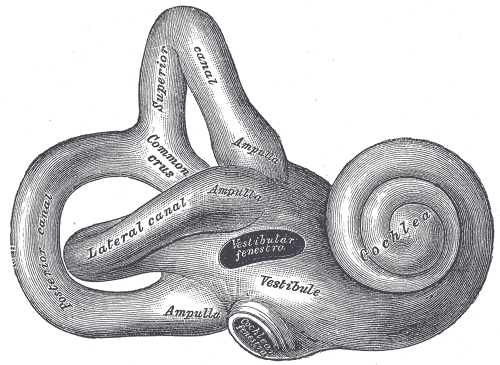
Rare vestibular conditions
Dizziness, vertigo, and balance problems are relatively common, but there are some uncommon vestibular disorders that can cause these symptoms. Learn more about rare vestibular conditions and the role of vestibular rehab.
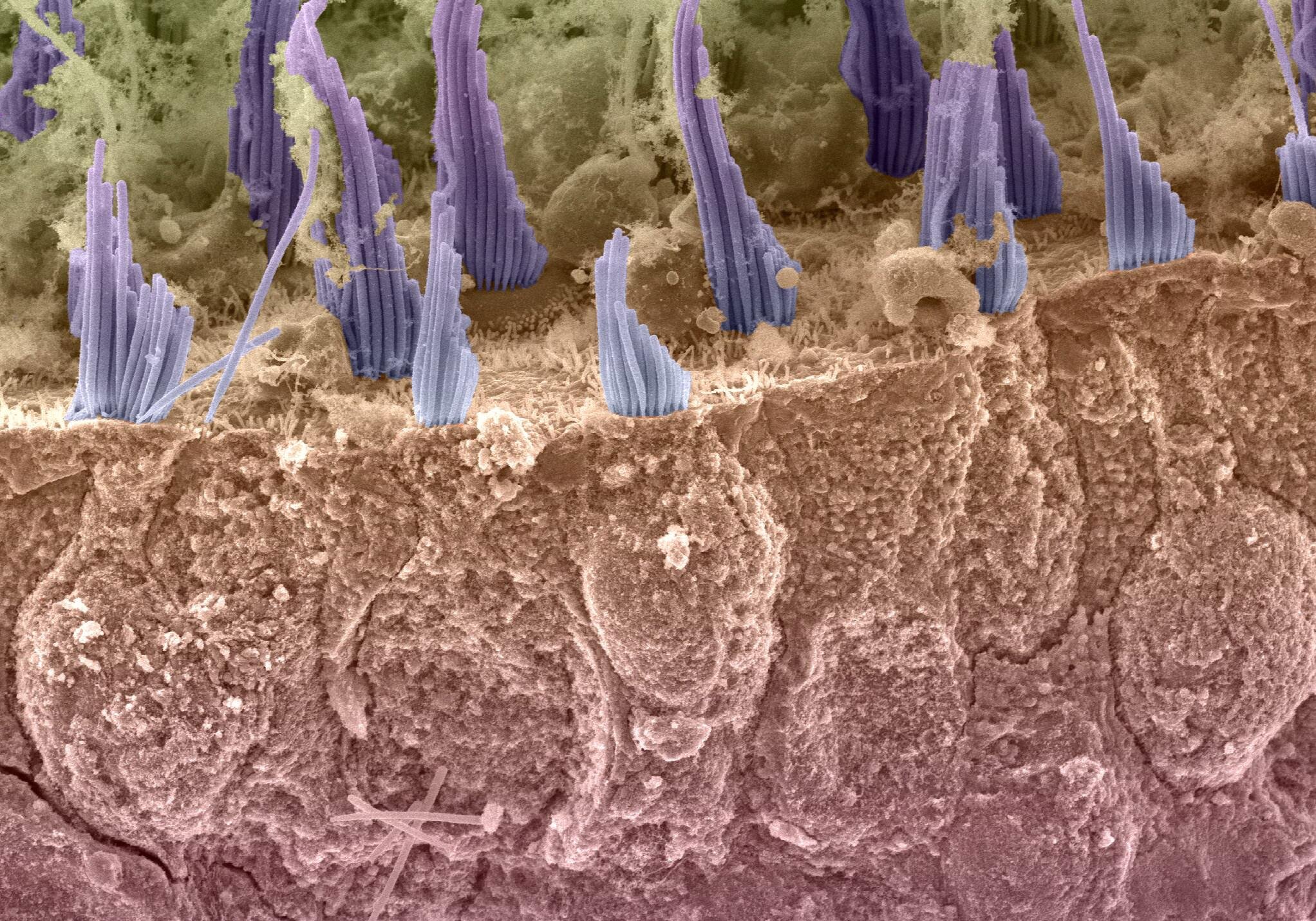
What are the otoliths?
The otoliths are the part of our inner ear that sense linear movements and gravity. Problems in the utricle and saccule can cause vestibular symptoms like rocking, swaying, dropping, or feeling pushed or pulled. Learn more about otolithic dysfunction and how vestibular rehab could help.

Persistent postural perceptual dizziness (PPPD)
Persistent Postural Perceptual Dizziness (PPPD) causes chronic symptoms of dizziness, non-rotatory vertigo like rocking or swaying, and balance problems. Learn more about what causes PPPD and how vestibular rehab can help.
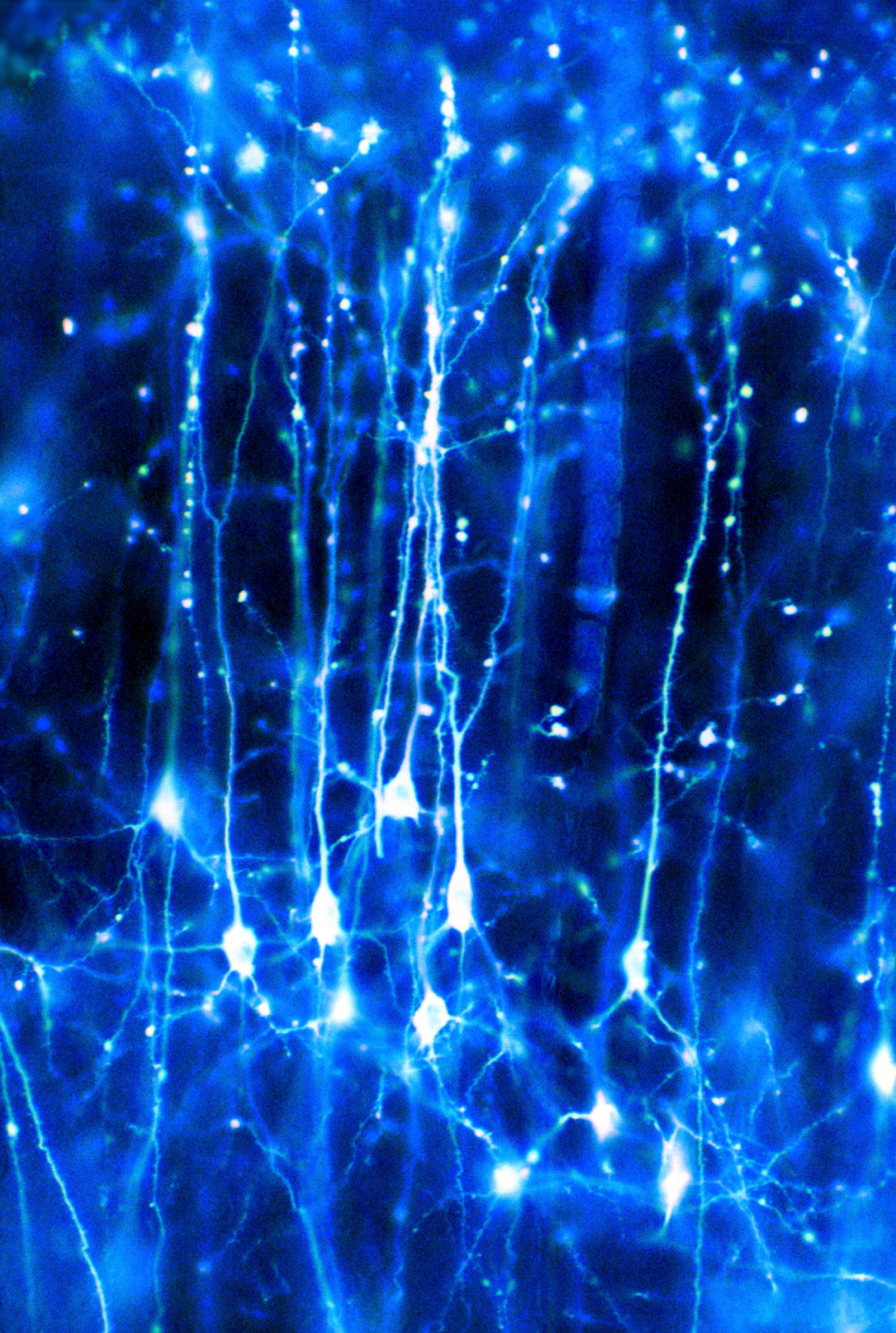
Vestibular migraine
Migraine is not just a headache! Vestibular migraine causes vertigo, dizziness, imbalance, motion intolerance, and visual sensitivity. Learn more about diagnosis and treatment of vestibular migraine, and how vestibular rehab physiotherapy can help.
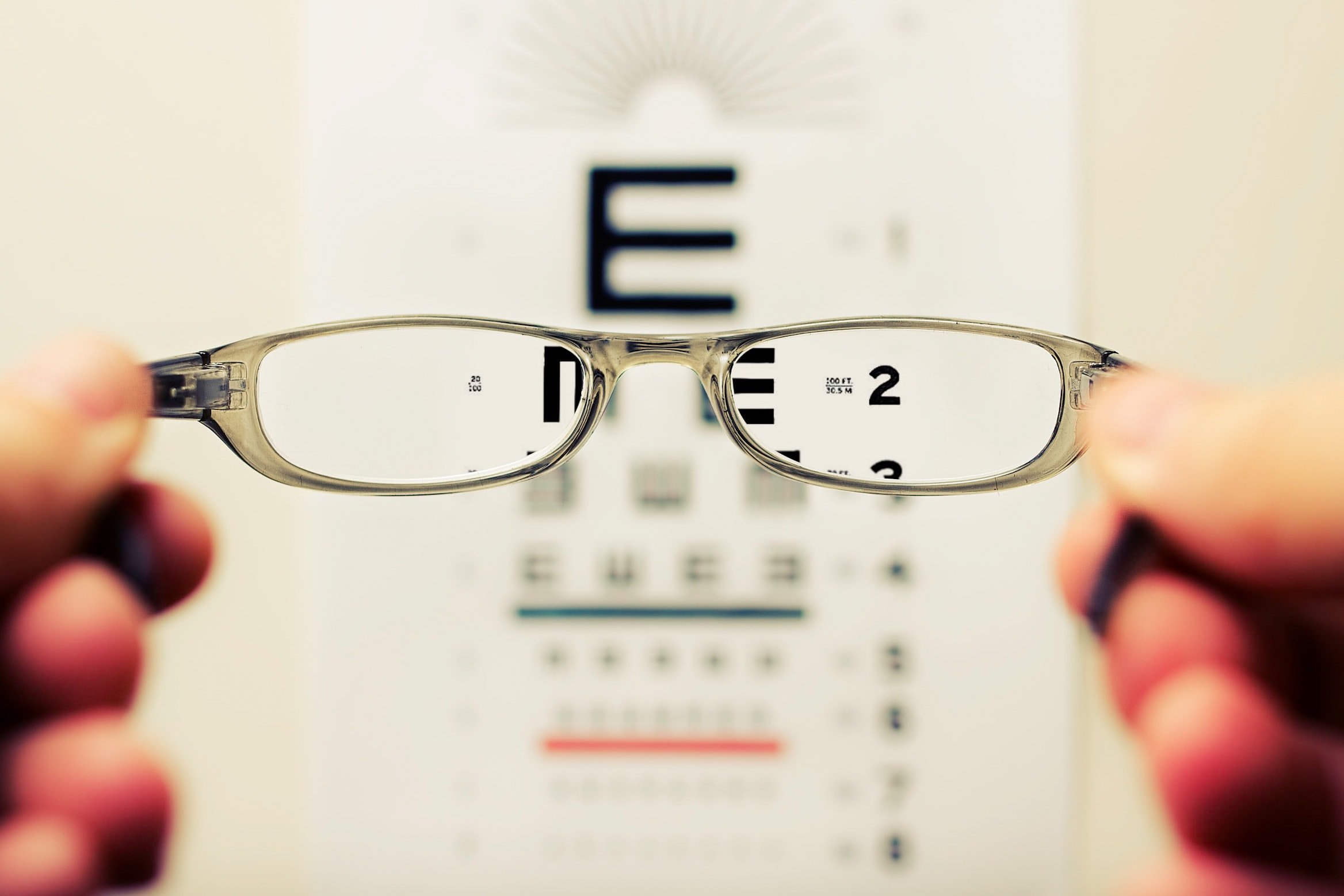
What is the vestibuloocular reflex?
The vestibulo-ocular reflex is how our ears, eyes, and brain work together to keep our vision stable while we move. Learn about how your VOR works, how vestibular disorders cause visual symptoms, how we evaluate your VOR, and vestibular rehab treatment for VOR loss.
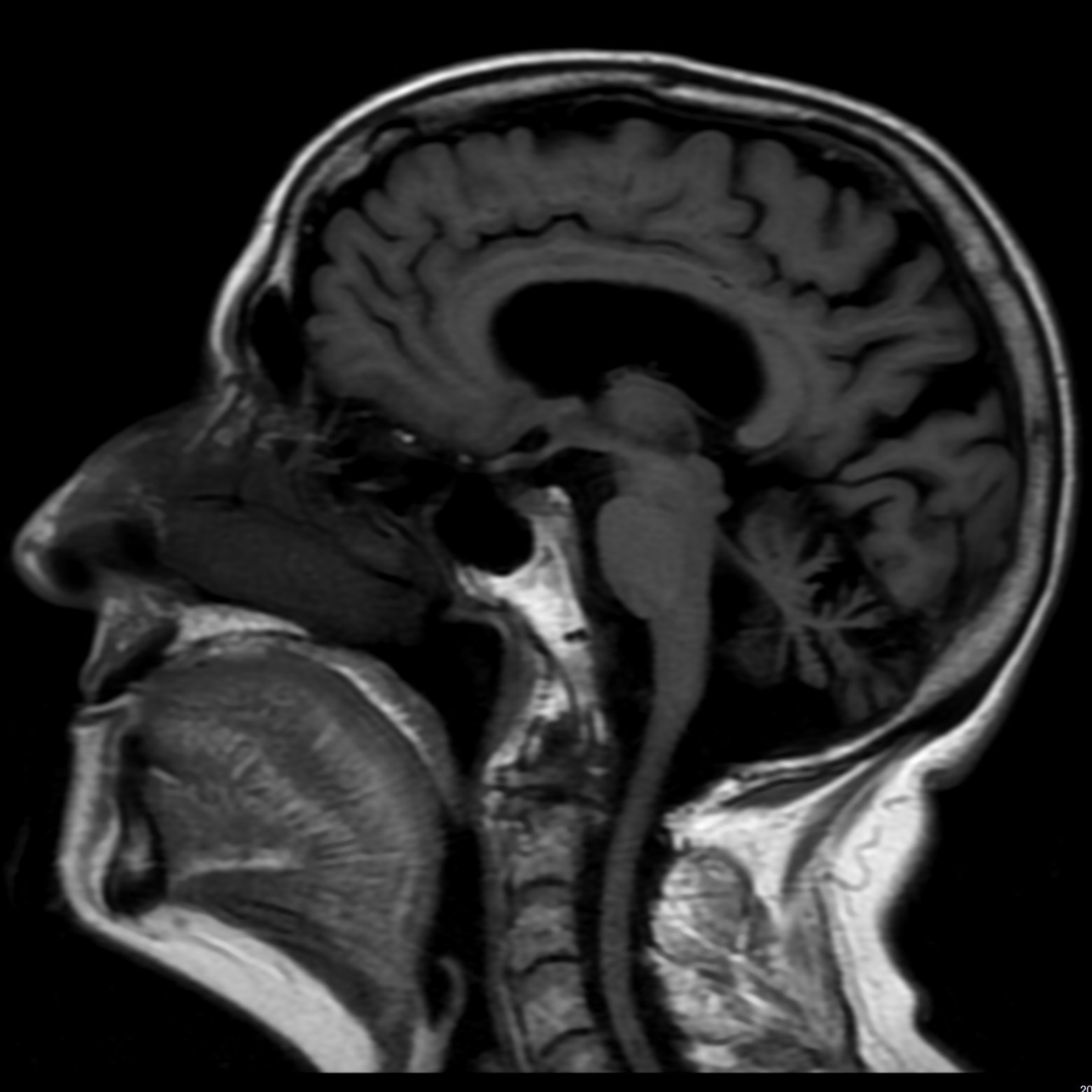
Rare vestibular conditions: Cerebellar ataxia with neuropathy and vestibular areflexia (CANVAS)
Cerebellar ataxia with neuropathy and vestibular areflexia (CANVAS) is a rare syndrome, caused by problems in the brain, vestibular system, and sensory nerves. Signs and symptoms include imbalance, problems walking, incoordination, and abnormal eye movements called nystagmus. Vestibular rehabilitation for CANVAS can help improve balance and mobility.

Rare vestibular conditions: Cerebellar ataxia with bilateral vestibulopathy (CABV)
Cerebellar ataxia with bilateral vestibulopathy (CABV) is a rare syndrome caused by problems in the brain and vestibular system. Signs and symptoms include balance problems and abnormal eye movements called nystagmus. Vestibular rehabilitation for CABV can help improve balance and mobility.

Online exercises for vertigo & dizziness
When vertigo, dizziness, and imbalance are disabling, you will try everything you can to get better! Finding exercises online may have benefits, but also some pitfalls. Learn about the types of self-help exercises you may find, tips for what you might experience when trying these treatments, and when you might need expert help.
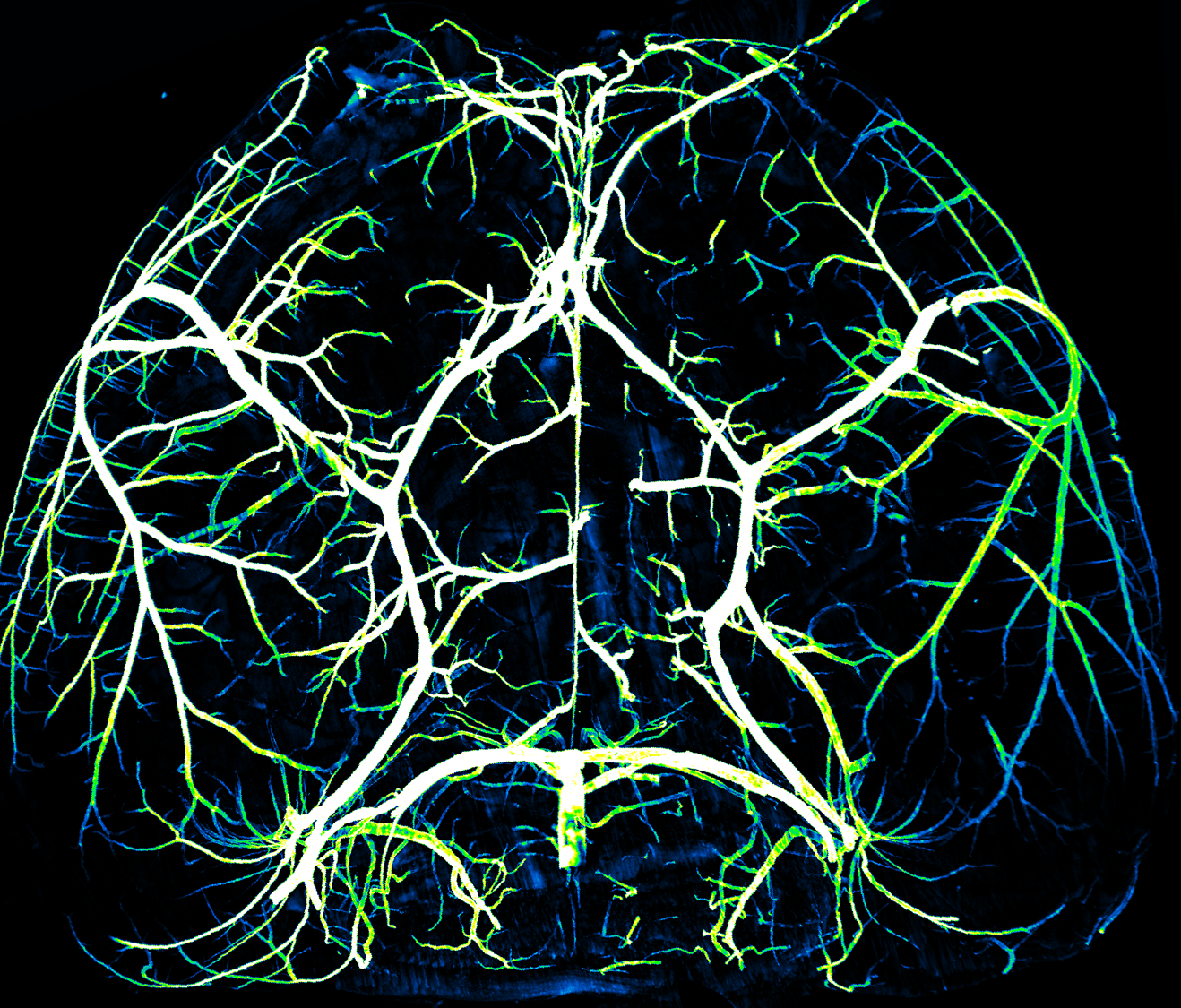
Vertigo, dizziness, imbalance & vestibular rehab after stroke
Dizziness, vertigo, and balance problems are common symptoms after cerebellar stroke. Watch Elizabeth Crawford’s presentation for the Central South Regional Stroke Network on the role of vestibular physiotherapy in rehabilitation after posterior circulation stroke.
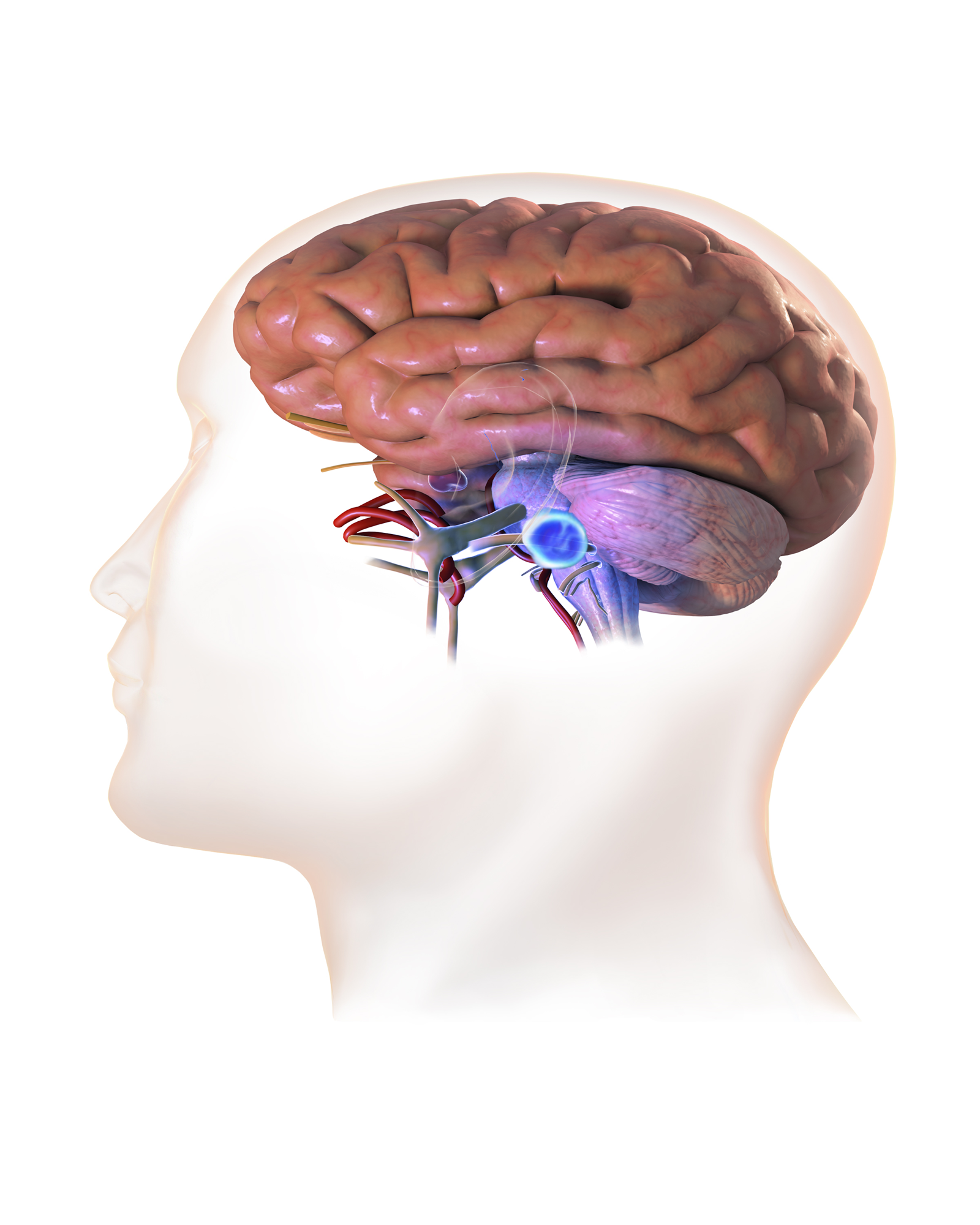
Training your brain: Vestibular rehab for acoustic neuroma
Dizziness, vertigo, and balance problems are common symptoms of vestibular schwannoma, also known as acoustic neuroma. Watch Elizabeth Crawford’s presentation for the Acoustic Neuroma Association of Canada on the role of vestibular physiotherapy in the treatment of vestibular symptoms due to acoustic neuroma.
